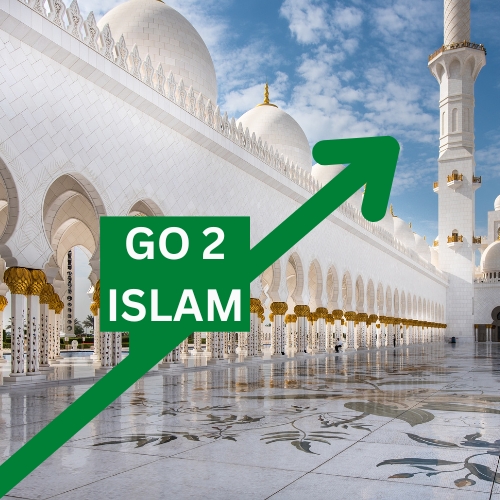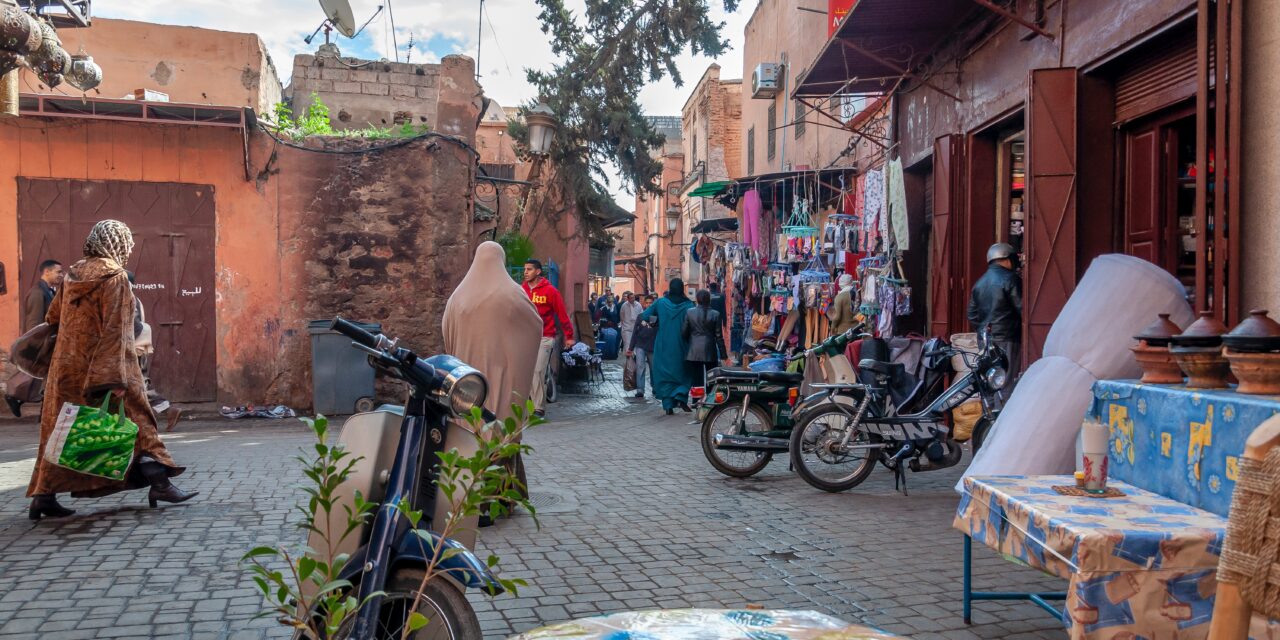Islamic culture and society are rich and diverse, spanning across continents and centuries. Islam is not only a religion but also a way of life, encompassing various aspects of society, including politics, economics, law, and art. The religion of Islam began in the Arabian Peninsula in the seventh century, and it spread rapidly throughout the Middle East, North Africa, and Asia. Today, it is the second-largest religion in the world, with over 1.8 billion followers.
One of the defining features of Islamic culture and society is the importance placed on the Qur’an, the holy book of Islam. Muslims believe that the Qur’an is the word of God, revealed to the Prophet Muhammad through the angel Gabriel. The Qur’an is the ultimate authority in Islamic culture, and it provides guidance on all aspects of life, including social and moral conduct, family life, and economics. Muslims also follow the teachings of the Hadith, which are the sayings and actions of the Prophet Muhammad, as recorded by his companions.
Another important aspect of Islamic culture and society is the concept of community. Muslims believe that all believers are part of the ummah, or community of believers. This community transcends national and ethnic boundaries, and Muslims are encouraged to support and care for one another. This sense of community is evident in the practice of Zakat, which is a form of charitable giving that is required of all Muslims. The Zakat is typically given to support the poor, the sick, and the needy, and it helps to strengthen the bonds of community among Muslims.
Islamic culture and society also place a great deal of importance on the family. In Islam, the family is considered to be the basic unit of society, and it is the responsibility of all members of the family to support and care for one another. Marriage is considered to be a sacred institution, and it is viewed as a contract between two families, rather than just between two individuals. Divorce is allowed in Islam, but it is considered to be a last resort, and couples are encouraged to work through their differences before ending their marriage.
Islamic culture and society have also made significant contributions to the arts and sciences. Muslim scholars made significant advances in mathematics, astronomy, and medicine during the medieval period, and many of these ideas were later transmitted to Europe. Islamic art is also renowned for its intricate geometric designs and calligraphy, which are often used to adorn mosques and other Islamic buildings. Music is also an important part of Islamic culture, and it is often used in religious ceremonies and celebrations.
Islam has also played a significant role in shaping political and economic systems in Muslim countries. Many Islamic countries are governed by Sharia law, which is based on the teachings of the Qur’an and the Hadith. Sharia law covers a wide range of topics, including crime and punishment, family law, and economics. In some countries, Islamic law is enforced by the state, while in others, it is left to the discretion of individuals and communities.
In terms of economics, Islam places a great deal of emphasis on social justice and fairness. Muslims are encouraged to engage in trade and commerce, but they are also required to conduct business in a fair and ethical manner. Interest-based transactions are not allowed in Islam, and instead, Muslims are encouraged to engage in profit-sharing arrangements. This approach to economics is known as Islamic finance, and it has become increasingly popular in recent years, with the growth of Islamic banking and finance institutions.
In terms of gender roles, Islamic culture and society are often characterized as patriarchal, with men holding more power and authority than women. However, Islam also places a great deal of importance on the role of women in society, and it provides protections and rights for women that were not available in many other societies at the time of its founding. For example, Islam prohibits the practice
of female infanticide and recognizes women’s right to inherit property. Muslim women are also encouraged to seek education and to participate in public life, although cultural and social factors have often limited these opportunities in some Muslim societies.
Islamic culture and society have also been influenced by regional and cultural variations. For example, the architecture of mosques and other Islamic buildings varies widely across different Muslim societies, reflecting local building traditions and materials. The practice of Islam also varies, with different Muslim societies emphasizing different aspects of the faith. Sufism, a mystical branch of Islam, is particularly important in some regions, while in others, more conservative interpretations of Islam are emphasized.
In recent years, Islamic culture and society have been the subject of intense scrutiny and debate, particularly in the aftermath of the 9/11 attacks and the rise of extremist groups such as ISIS. Some have argued that there is an inherent conflict between Islam and Western values, while others have emphasized the diversity and richness of Islamic culture and society, and have sought to counter negative stereotypes and misrepresentations of the faith.
Overall, Islamic culture and society are complex and multifaceted, reflecting a long and rich history that spans continents and centuries. Islam has played a significant role in shaping the social, political, and economic systems of many Muslim societies, and its teachings continue to provide guidance and inspiration to millions of people around the world. While there are certainly challenges and debates within the Muslim community, there is also a rich tradition of tolerance, pluralism, and intellectual inquiry that has helped to shape Islamic culture and society for centuries.

